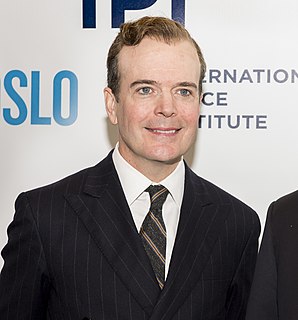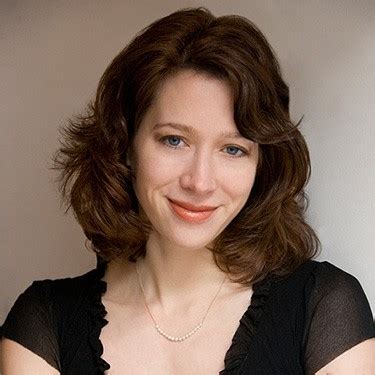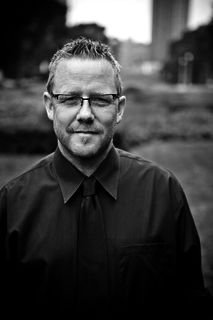A Quote by Gretchen Rubin
I have a passion for children's literature. Young adult literature. I love it. I've always loved it.
Quote Topics
Related Quotes
I think so much of young adult literature sort of gets ghettoized - the title 'young adult' makes people immediately discount it. And just like with books that get written for adults, there is plenty of young adult literature that is bad. But there is also plenty of young adult literature that is brilliant.
No one spoke in terms of children's literature, as opposed to adult literature, until around the 1940s. It wasn't categorised much before then. Even Grimm's tales were written for adults. But it is true that ever since 'Harry Potter' there has been a renaissance in fantasy literature. J. K. Rowling opened the door again.
As for literature – to introduce children to literature is to install them in a very rich and glorious kingdom, to bring a continual holiday to their doors, to lay before them a feast exquisitely served. But they must learn to know literature by being familiar with it from the very first. A child's intercourse must always be with good books, the best that we can find.

































